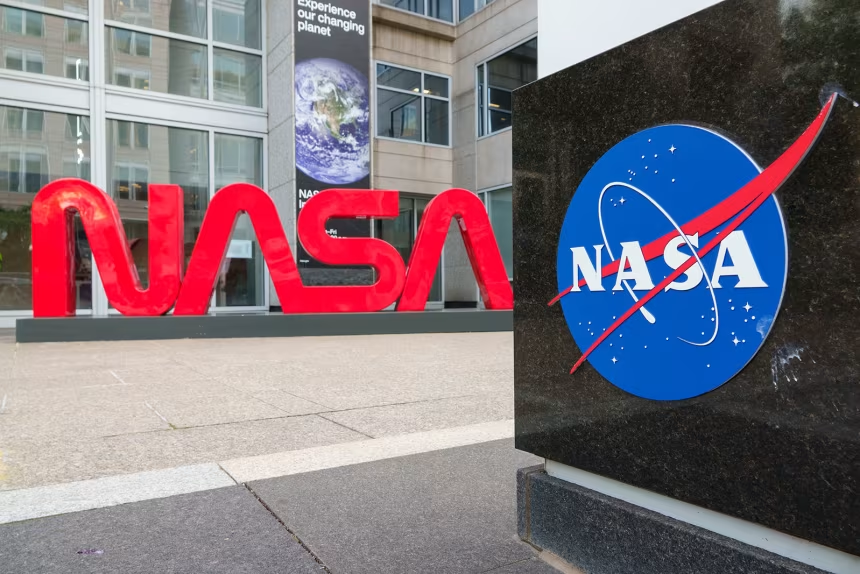NASA has introduced sweeping new restrictions that block Chinese nationals from participating in its programs, even those holding valid U.S. visas. The move marks a significant shift in American space policy, highlighting growing competition with China as both nations accelerate their lunar ambitions.
The new rules cut off physical and digital access to NASA facilities, systems, and research projects. Several students and researchers were suddenly locked out of programs they had been contributing to, underscoring the abruptness of the changes. NASA officials justified the decision by citing national security concerns and the need to safeguard sensitive space technologies.
The timing is critical as the United States and China race to return humans to the Moon. NASA’s Artemis program is targeting a crewed landing by 2027, while Beijing has its own mission planned for 2030. Acting NASA Administrator Sean Duffy has described this moment as a “second space race,” framing the restrictions as part of a broader strategy to secure technological leadership.
For years, the Wolf Amendment had already barred direct bilateral cooperation between NASA and Chinese agencies, but Chinese nationals were still able to contribute under certain conditions. The new restrictions go further, removing even limited roles and collaborations that once existed.
Critics of the decision warn that excluding international expertise could slow progress in areas where global cooperation has been vital, such as climate science, Earth observation, and satellite research. Supporters argue that the policy is necessary to prevent intellectual property theft and to strengthen U.S. competitiveness in a rapidly evolving space landscape.
The changes underline how space exploration, once seen as a unifying scientific endeavor, is increasingly shaped by geopolitical tensions. For young scientists caught in the middle, the ban represents not only a career setback but also a troubling reminder that politics and science are more intertwined than ever.


